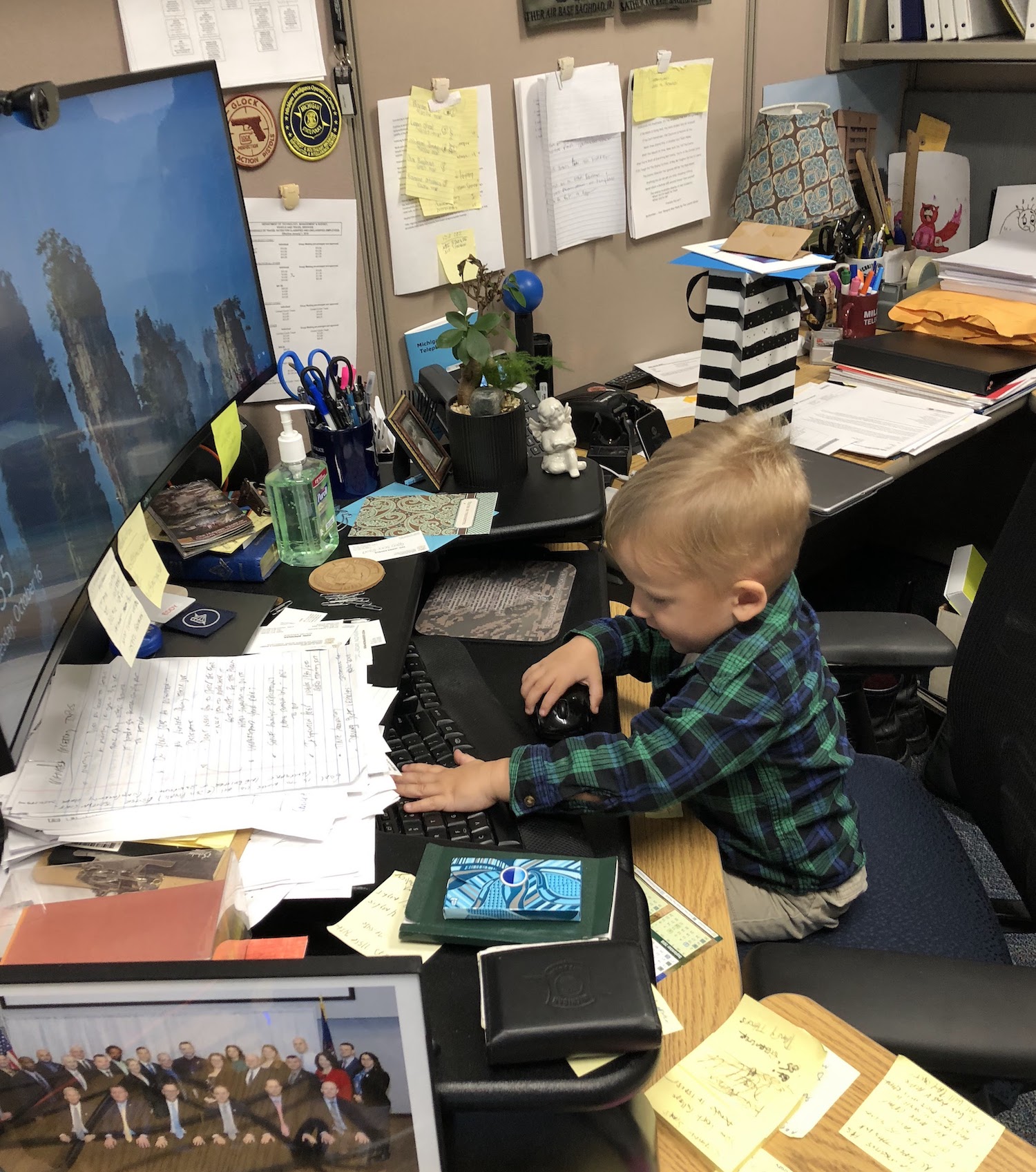
When I recorded the video preview, this article was intended as motivation to finish well as I close in on retirement. I had no idea the next two weeks would be a collision of parallels between finishing a career well and finishing a life well. With the unexpected passing of my mother-in-law, and two other funerals the same week, the connection was unmistakable.
Contextually, hints of resentment started percolating and I didn’t like it. Save for a few disappointments, I’ve had an extraordinary career…I refuse to spend the last few months of it embittered. A little self-reflection revealed two primary issues conspiring against this emerging, unwanted disposition.
Too many decisions are made for the primary benefit of those making them. That’s nothing new. What is new has been the perfect storm of social, civic, and public safety upheaval, resulting in declining sentiment toward policing and melodramatic policy decisions driven by political activism. Progress is good; change is necessary. But not when it benefits some to the exclusion of others. What once was among the noblest of professions is now one in which contempt and disrespect for those sworn to serve and protect has become an acceptable norm.
The criminal actions or irresponsibility of a few must not diminish the honor and distinction with which the vast majority of public safety professionals serve. Many who have dedicated their lives to protecting and serving are exhausted and anguished. The current environment creates the potential for a profession that once attracted the altruistic and humble to instead draw those primarily motivated by power and authority. That’s not progress. But neither is it something I have control of.
The second issue is unforgiveness. I have too-long held onto hard feelings about lost opportunities. Two were blatant instances of favoritism, bias, and partiality; the others less obvious, but no less disappointing and no less wrong. Unchecked, these types of inequities create an environment where people don’t feel psychologically safe, and some simply stop trying; helpless to change things and afraid to speak out.
That’s where I eventually found myself. Hurt, ruminating, and waiting for an apology that will never come. Empathy and healing aren’t high on the list of priorities for the leader, husband, wife, father, mother, or friend unwilling or incapable of apology. Another thing I have no control of.
What is within my control are my attitude and actions.
In his book The Socrates Express, Eric Weiner quotes Gandhi as saying that no man “…takes another down a pit without descending into it himself.” Said another way by a good friend recently as we lamented current events, “We only end on a low note if we allow it.”
Avoiding low notes and pits by controlling what I can, and letting go what I can’t, seems obvious. Accordingly, I choose to finish well; maintain a positive attitude; avoid engaging in biased or self-serving decisions; and continue speaking out against injustice…socially and within my family, organization, and my profession.
And I choose to forgive…with or without an apology.
Besides, believers are urged to “…not grow weary while doing good” and “…not lose heart.” (Gal. 6.9).
My mother-in-law, Joy, never grew weary of doing good. She was one of the kindest, gentlest, most genuine people on the planet, who lived out her namesake every day. I had the privilege of speaking at her memorial, during which this portion of my remarks both applies here and convicts me:
“I say this with not an ounce of pride, ego, or self-serving motive; this woman, this most beautiful and tenderhearted of human beings, adored me. An adoration I never deserved. She was one of the few people I have ever known who truly loved unconditionally. No matter how many times I messed up, was abrupt, spoke unkindly, or hurt her daughter in some way, she never stayed angry or judged me. Instead, she was always the first to forgive me. I will never understand why she felt that way about me, or why a guy like me was so blessed to be a part of this wonderful family…”
My mother-in-law lived well, and despite her untimely passing, finished well. I’m a better man because of her.
Likewise, notwithstanding some disappointments along the way, I’m also a better man because of the organization I’ve been a part of for nearly 30 years.
I mentioned two goals in the preview video: finishing well and decluttering.
Finishing well means setting aside my grievances, knowing what I can and cannot control, and adjusting my attitude accordingly.
Decluttering means ridding myself of unnecessary junk…literally and figuratively.
In some ways, my profession and organization are unrecognizable today. That’s not necessarily a bad thing…it’s just not necessarily my thing.
Nonetheless, I choose to run with perseverance to the very end.
“Therefore, since we are surrounded by such a great cloud of witnesses, let us throw off everything that hinders and the sin that so easily entangles, and let us run with perseverance the race marked out for us…” (Heb. 12.1)
Get Strong. Be Strong. Stay Strong.

Weiner, Eric (2020). The socrates express. New York, NY: Avid Reader Press.





